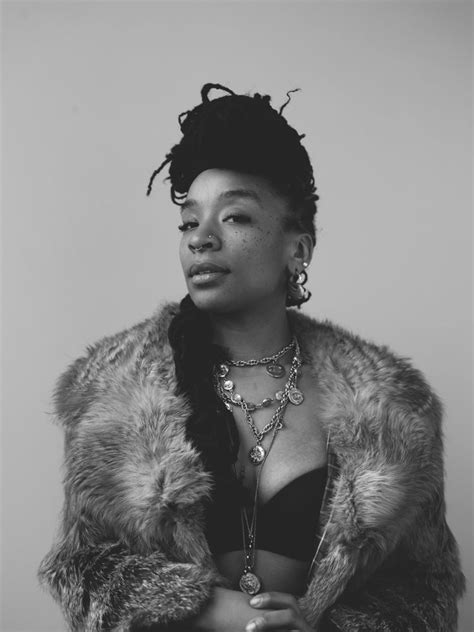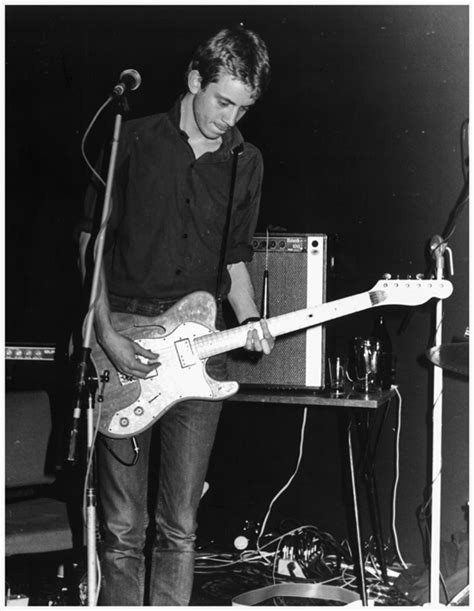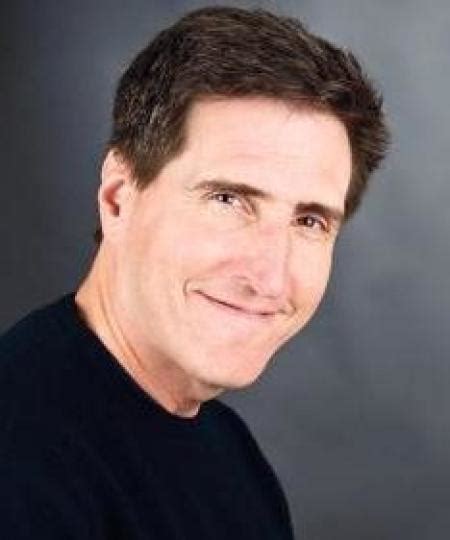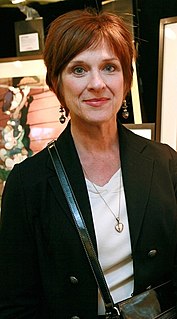Top 553 Etch A Sketch Quotes & Sayings - Page 10
Explore popular Etch A Sketch quotes.
Last updated on November 23, 2024.
Few stories are written about what happens to the princess after the wedding. Reading between the lines of other stories, we can sketch out her "happily ever after": The princess gets pregnant and hopes for sons. As long as she is faithful and bears sons, she is considered to be a good wife. We don't hear whether or not she's a good mother, unless something goes wrong with her children.... All of history has been written about the subsequent adventures in the chapters of his life.
To my way of thinking, the concept drawings that Rembrandt did, the drawings he made that he used to model his artists, to work out the compositions of his paintings: those are cartoons. Look at his sketch for the return of the prodigal son. The expression on the angry younger brother's face. The head is down; the eyebrow is just one curved line over the eyes. It communicates in a very shorthand way. It's beautiful, expressive, and, in a peculiar way, it's more powerful than the kind of stilted, formalized expression in the final painting.
I went to an art high school in Washington D.C., and I majored in visual art. When I started there, I was horrible - couldn't draw, couldn't sketch, couldn't do anything. I remember at one point I came to terms with the fact that I had to work my ass off to do well and that's exactly what I did. I drew and drew and drew, and it worked - I ended up getting the award for best artist and went on to apply to design school because I loved it so much. I think it really speaks to the idea that you can in fact excel at whatever you put your mind and your heart to.
I was not one of those people who wanted to be a comedian when I was growing up. I liked comedy, but didn't know it was something you could do for a living. I actually wanted to be an attorney. I did do things on the side like improv and sketch comedy, but law was my focus. I was a very bookish, academic kid. When I got out of college, I was really unhappy. I had a great job that I should have loved, yet I was miserable. I slowly realized that was because I wasn't performing. So I just tried stand-up and fell in love with it after one performance.
The main reason for the break was a combination of travel and going back to university, which drew me into theatre more than music. I did stuff on acoustic guitar when I was traveling, filed it away and made notes, without it being musical notation. Just taped the odd thing, did a sketch, stuck it on a cassette. I thought at some point, I'll go back to it. Some of it I did use in '84-'85 when I started working in the Free Theatre in Christchurch. So it might seem like I had given up after the Pin Group, but I just went into a different avenue.
It is immature and lazy to imagine we know everything there is to know about someone before we know that someone. We don't know their stories, their histories, their real live human feelings. We don't know their favorite movies and best memories and what makes them afraid. It is unfair to take one fact, one thing they've said or we heard they said, or one thing they wrote, or someone else's experience, or a group they identify with and make a character sketch. If people did that to us, the picture would be so woefully incomplete, we wouldn't even recognize our own description.
I work sometimes from outlines, which are immediately abandoned. Sometimes, when I'm trying to find the characters, I'll sketch things out a bit. Sometimes, outlines help me aim a little bit, but I tend to find it's usually much more interesting, especially with the first draft, to spew it onto the page. I used to get very nervous that, if I write this first rough draft and I die that night, whoever finds it might think that I thought it was good. For me, it's much more important to get some general shape onto the page and later take all the time I need to refine it, fix it, and rewrite it.
It is possible to express the laws of thermodynamics in the form of independent principles , deduced by induction from the facts of observation and experiment, without reference to any hypothesis as to the occult molecular operations with which the sensible phenomena may be conceived to be connected; and that course will be followed in the body of the present treatise. But, in giving a brief historical sketch of the progress of thermodynamics, the progress of the hypothesis of thermic molecular motions cannot be wholly separated from that of the purely inductive theory.
When I illustrate a cover or a book, I draw upon what the author tells me; that's how I see my responsibility as an illustrator. J.K. Rowling is very descriptive in her writing — she gives an illustrator a lot to work with. Each story is packed full of rich visual descriptions of the atmosphere, the mood, the setting, and all the different creatures and people. She makes it easy for me. The images just develop as I sketch and retrace until it feels right and matches her vision.
The first joke I got on the air I remember clearly. Dennis McNicholas and Robert Carlock wrote a sketch where they were evacuating the Titanic, and the last two guys on the entire ship were the two black guys, Samuel L. Jackson and Tracy Morgan. So Will Ferrell was running back and forth, saying, "All first-class passengers get in the lifeboat. All second-class passengers and third-class passengers get in the lifeboat. Let's get all the animals in the lifeboat. Let's put all the empty luggage in the lifeboat."
If you set your bar at 'amazing' it's awfully difficult to start. Your first paragraph, sketch, formula, sample or concept isn't going to be amazing. Your tenth one might not be either. Confronted with the gap between your vision of perfect and the reality of what you've created, the easiest path is no path. Shrug. Admit defeat. Hit delete. One more reason to follow someone else and wait for instructions. Of course, the only path to amazing runs directly through not-yet-amazing. But not-yet-amazing is a great place to start, because that's where you are.
I noticed you the first week. Not just because of how pretty you are, though of course, that played into it. It was the way you lean onto your elbows when you 're listening in class, when something catches your interest. And when you laugh, it's never to get attention, it's just-laughter. The way you obssevively tuck your hair behind your ear on the left side, but let the right side fall down like a screen. And when you 're bored, you tap your foot soundlessly and move your fingers on the desktop like you 're playing an instrument. I wanted to sketch you.
The future turns out to be something that you make instead of find. It isn't waiting for your arrival, either with an arrest warrant or a band, nor is it any further away than the next sentence, the next best guess, the next sketch for the painting of a life portrait that might become a masterpiece. The future is an empty canvas or a blank sheet of paper, and if you have the courage of your own thought and your own observation, you can make of it what you will.












